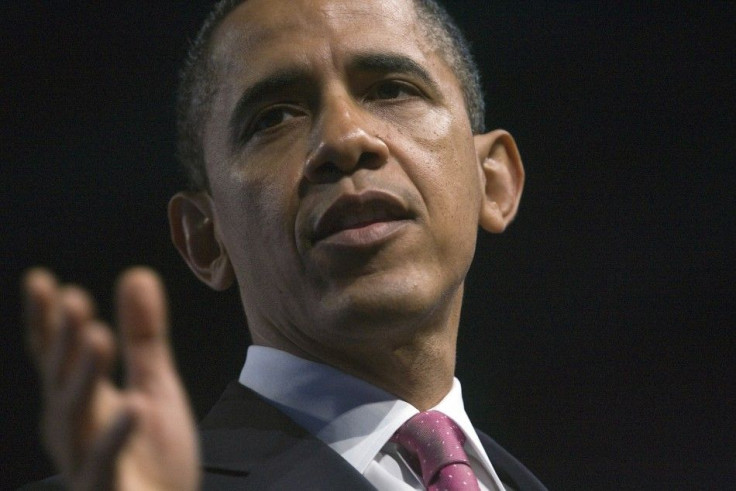Our 'Economic Problem' Is Truly Catastrophic
Opinion

Do you enjoy horror movies? So do I.
Most begin with scenes of an average family (whatever that is) enjoying some simple pleasure. Suddenly, UFOs appear in the sky, or the earth rumbles, or a screaming neighbor interrupts with terrifying news. For the next 98 minutes or so, we watch the earth go to the brink of destruction until one heroic act by the star and some underlings solve the problem.
Less than 2 hours after the movie began, we see that all has returned to normal and life continues unhampered by difficulties. Many Americans have viewed hundreds of such flicks where, in less than 120 minutes, the most difficult and sinister conundrums imaginable were put to rest.
Besides ingesting repeated Hollywood disasters, we've been warned of several real ones.
A little over a decade ago, the Millennium bug (Y2K) spread fear throughout the civilized world. When computers were created, you see, the super-intelligent inventors put in two-digit year codes, instead of the usual four, to save precious space.
Many solemnly predicted that when the year 2000 arrived, computers around the world would read those 00 digits as 1900 and fail us. Planes would fall out of the sky. Life-sustaining hospital equipment would stop. Worse yet, your toaster wouldn't toast your bread correctly. Yee Gads, everything was going to come to a crashing halt. Even some crazy Christians (a redundant term if I ever heard one) prepared for Christ's return.
Former Vice President Al Gore made a large fortune (before he bought his $8.8 million Santa Barbara, California beach-front mansion) going around the world warning of oceans rising 20 feet and consuming city after city.
Nearly one decade after the Y2K scare, the swine flu ((H1N1) was touted as a pandemic capable of killing one member of every family (on average) around the world.
About one year later, a BP off-shore oil well blew, spewing 200,000 gallons of scummy oil into the pristine Gulf of Mexico. Some ecological experts saw the ever-expanding pollution rounding Florida and eventually affecting America's east coast.
Lately, the avian flu (H5N1) has been described as a significant emerging pandemic threat.
Prior to nearly all of those catastrophes, some of the world's most knowledgeable experts appeared throughout the media repeatedly warning of mankind's destruction. Their misguided tirades call to mind a Shakespearean play, Much Ado About Nothing.
But, just as in the closing moments of those aforementioned horror movies, life goes on. Few now pay attention to disaster warnings. So why be concerned with America's current terminal, economic disease?
We simply need to look at the evidence.
President Barack Obama has never had, during his entire time in the White House, a month during which the government took in more revenue than it spent. That is 41 consecutive deficit-spending months -- and counting. I sincerely apologize to any naval personnel who have, on occasion, consumed too much liquor, but Obama is certainly spending our money like a drunken sailor.
The Fed is printing money as fast as they can procure paper and ink. The vast majority of our states are technically bankrupt. Ditto nearly all of our big cities. Social Security and Medicare are going bust. Obamacare simply makes the cavernous pit larger.
If someone is digging themselves into a deep hole and wishes to ever get out of that hole, the best advice anyone can give them is, STOP DIGGING!
This crisis isn't going to go away until our Washington politicians (all of them, on both sides of the aisle) take that advice. That, dear reader, is not going to happen.
Walt Osterman is the author of Not Home Yet: A Tale Concerning Israel's Rebirth. He served in Vietnam and is a Bronze Star recipient. He lives in Wyoming.
© Copyright IBTimes 2025. All rights reserved.





















